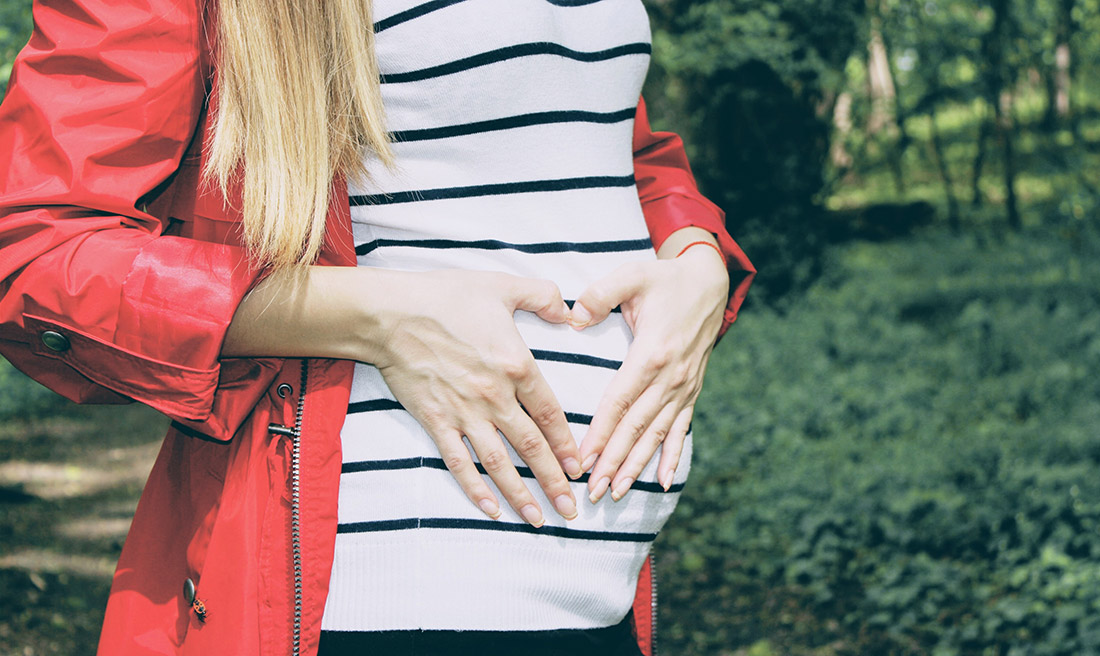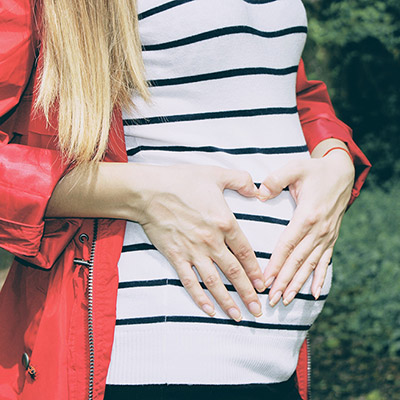During your pregnancy you will experience a rise in your existing hormones, and the arrival of new ones, bringing changes that you may not be able to explain. To understand what’s going on inside your remarkable body, here is a list of a some of these important hormones.
HCG (Human Chorionic Gonadotropin)
Produced by what ultimately becomes the placenta, HCG (Human Chorionic Gonadotropin) does a number of things to support your body during pregnancy. It tells your body:
- There’s a life form growing inside your womb
- To build a temporary home
- To stop the ovaries maturing an egg each month
HCG levels will peak 2 to 3 months after ovulation, and then level off for the rest of your pregnancy. In the first 10 weeks, HCG levels double every two days! The high levels of HCG are removed in your urine and interestingly this is what over-the-counter pregnancy tests look-for.
Progesterone
In early pregnancy progesterone is produced by the corpus luteum (a nodule on the ovary). The corpus luteum makes progesterone until about 10 weeks, when it’s taken over by the new placenta. Progesterone levels are higher in the first trimester and then they level out for the rest of your pregnancy. Progesterone does several important jobs along the way:
- Keeps the uterus muscle relaxed
- Helps your body’s immune system accept foreign DNA (your baby)
- Develops your breasts, ready for milk
You may notice your breasts becoming fuller, tender and itchy (skin stretching) and veins becoming more noticeable. To help look after them you will want to find a full support, non-wired bra, and some moisturizer to ease the stretching skin.
 Estrogen
Estrogen
Estrogen, similarly to progesterone, is secreted by the corpus luteum until the placenta takes over. It helps your uterus grow, enables it to respond to oxytocin later (oxytocin is present throughout your pregnancy but is mainly connected to the stimulation of labour contractions at the end of your third trimester), and triggers the development of your baby’s organs. Estrogen also enlarges your milk ducts ready for milk production. During the first trimester there are high levels of estrogen, and then they level out for the rest of your pregnancy. The changes to your taste buds are most likely caused by estrogen surging through your body.
Relaxin
Relaxin is the hormone that loosens the ligaments of your pelvic bones. This hormone increases tenfold when you’re pregnant. It is very important because it prepares your body for your baby’s passage through the birth canal. It also helps maintain your blood pressure by relaxing your arteries so they can handle the increase in blood volume.

